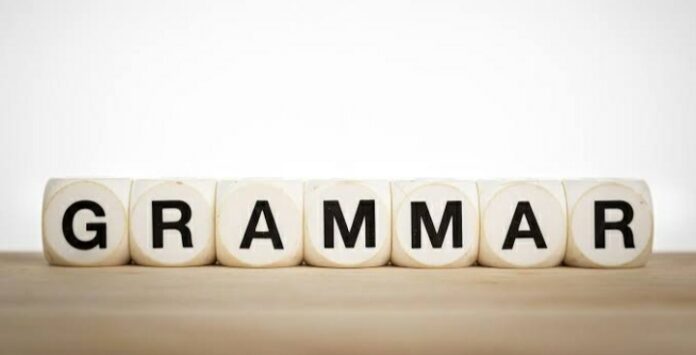What are Clauses?
The group of words that forms a part of sentence and has a subject and a finite verb of its own are called Clauses.
Read the following examples for more details :
(a) Shivani lost a black sketch.
(b) Shivani lost a sketch which is black in colour.
In the example (a) ,
the group of words a black sketch forms a phrase because it doesn’t posses a finite verb.
In the example (b) ,
the group of words which is black in colour has a finite verb is and a subject which of its own .
Therefore , which is black in colour is a clause.
Note : A clause has only one finite verb.
What is the difference between Sentence ,Clause and Phrase ?
A group of words that makes complete sense and has atleast one finite verb is known as Sentence .
A group of words that makes sense but not complete sense and also do not have a finite verb is known as Phrase.
A group of words which forms a part of sentence and has a subject and a finite verb of its own is known as Clause.
Example : (a) Radhika saw a man wearing a Blue tuxedo.
In the above example , wearing a Blue tuxedo is a phrase because wearing is a non finite verb.
(b) Radhika saw a man who was wearing a blue tuxedo.
In this example , who was wearing a blue tuxedo is a clause because subject is who and the finite verb is was wearing.
Types of clauses –
| S no. | Clause |
| 1. | Noun Clause |
| 2. | Adjective Clause |
| 3. | Adverb Clause |
1)Noun Clause :
A clause which performs the role of a noun is a Noun clause.
Read the following example for understanding the Noun clause in detail :
(a) Rucha thought that her puppy was lost .
Here , that her puppy was lost is a clause since it hacs it’s own subject her puppy and a finite verb was.
So , the above example shows that the clause acting as the object of the verb thought and doing the work of a noun . Therefore , we can say that the clause is noun clause.
(b) Rucha thought of a new year resolution.
Here , of a new year resolution acta as a noun as it answers the question : thought what ? , But it doesn’t have a finite verb or a subject .So , it is a noun phrase.
A noun clause does the following role in a sentence :
1) Noun Clause as the subject of a verb :
Ex. All that Nikita said was disagreed by Bulbul.
Here , Highlighted group of words is a noun clause as a subject of a verb was .
2)Noun Clause as the object of a verb :
Ex. Government hope that the vaccine of corona virus would be successful.
Here , the highlighted group of words is a noun clause as the object of the verb hope .
3)Noun clause as the object of the preposition to :
Ex. Era should listen to what Shlok is saying.
Here , highlighted group of words is a Noun clause as object of preposition to .
Note :
• A noun clause can also act as the object of an infinitive or the object of a participle.
• A noun clause may be introduced by that , if whether, why ,how, etc.
2) Adjective Clause :
A clause which performs the role of an adjective in a sentence is an adjective clause.
Ex . We are looking for a kitten which has black and white colour.
Here , which has black and white colour is a clause having subject which and a finite verb has .
Read the following example for understanding the adjective clause in detail :
(a) The magazine which is on the bed is hers.
(b) The magazine on the bed is hers .
Example (a) is of adjective clause whereas example (b) is of adjective phrase .
Note :
• An adjective clause is introduced by that, which, who , where , etc.
| Relative pronoun | Used for |
| • Who , whom | Living beings |
| • which | Non living beings |
| • that | Both living and non living |
| • where | Place |
• An adjective clause is kept as near as possible to noun it describes.
3)Adverb clause :
A clause which performs the role of an Adverb inna sentence is called an Adverb clause.
for example : Kuldeep ran as if someone was snatching something from him.
here , as if someone was snatching something from him is a clause because it has subject someone and a finite verb was of its own.
Note : Adverb clause can be placed after the main clause or before it .
Adverb clause of time –
It shows the time of the action indicated by the verb and it is introduced by when , while , as , whenever , after , before or since.
Adverb Clause of place –
It shows the place of action and introduced by where or whenever .
Adverb clause of manner –
It shows the manner of an action.It is introduced by as , as ….so , as if , as though , in the way that or how .
Adverb Clause of reason –
It shows the reason behind the action and introduced by because, since , as or that .





